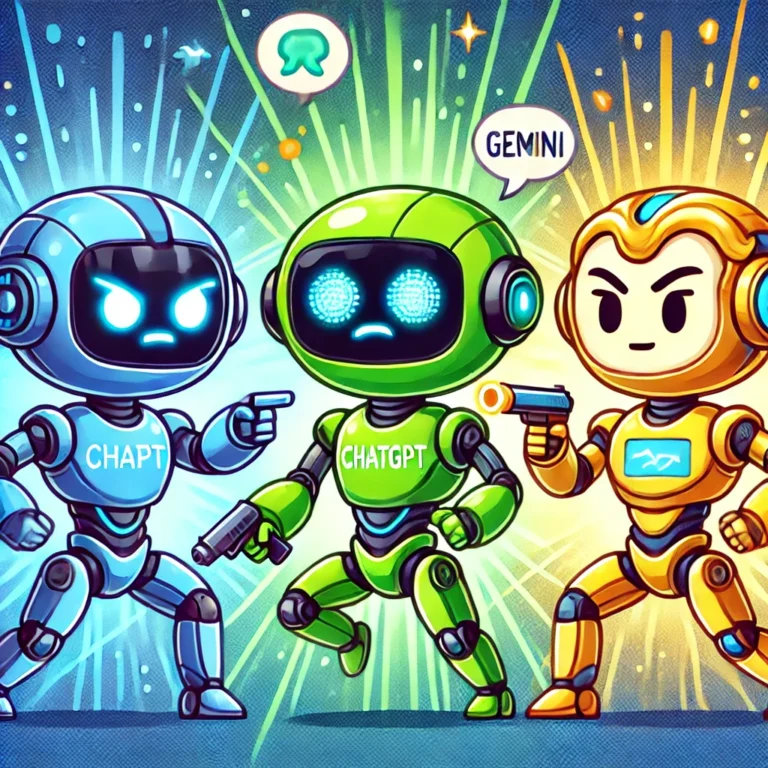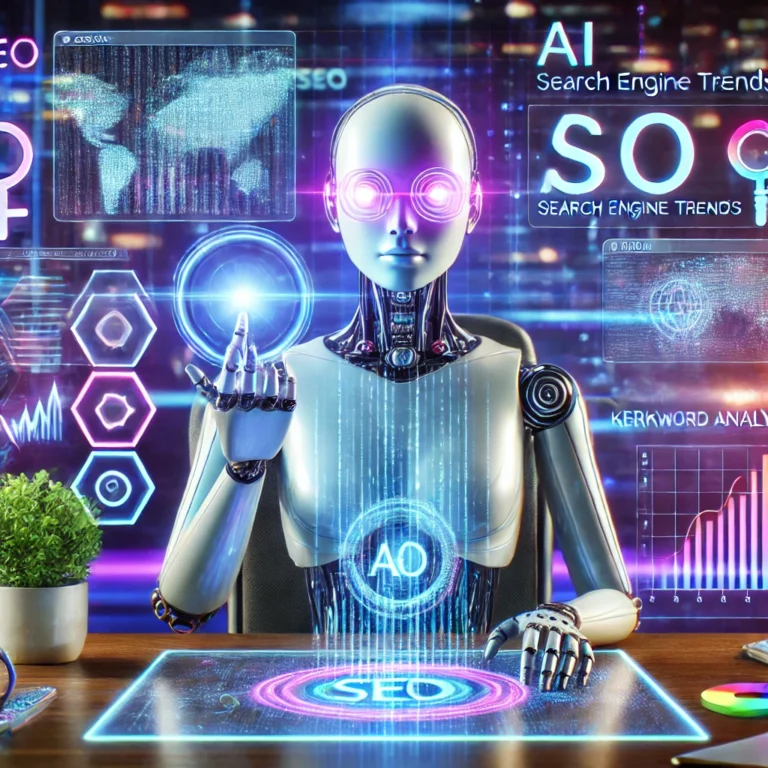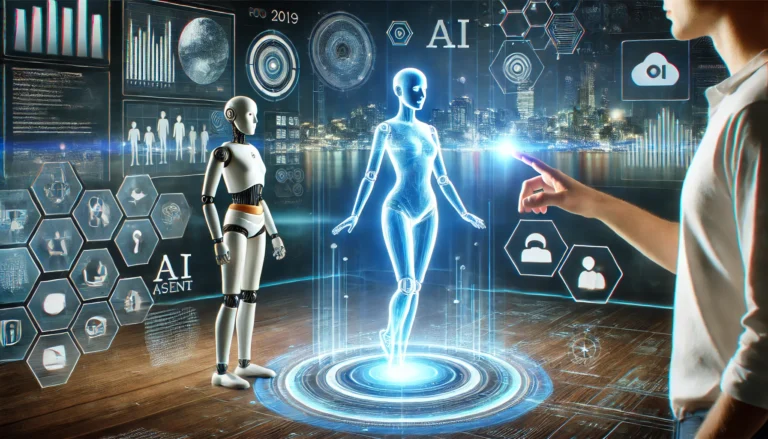Introduction
The manufacturing industry is undergoing a massive transformation with the rise of AI-powered “dark factories.” These fully automated production facilities operate with minimal to no human intervention, relying entirely on artificial intelligence, robotics, and advanced software to run 24/7. Tech giants and major industries are rapidly adopting this model to increase efficiency, cut costs, and enhance precision.
In this blog, we’ll explore how dark factories are revolutionizing the manufacturing landscape, their benefits, challenges, and what the future holds for automated production.
What Are Dark Factories?
Dark factories, also known as “lights-out factories,” are fully automated manufacturing plants that can operate without human workers. These factories utilize:
- AI-driven robotics for assembling and packaging products.
- Machine learning algorithms to optimize production lines.
- IoT (Internet of Things) devices to monitor and control operations remotely.
- Cloud-based AI analytics for predictive maintenance and quality control.
Example: Xiaomi’s AI-Powered Dark Factory
A leading example of a dark factory is Xiaomi’s fully automated smartphone manufacturing facility in Changping, China. The factory produces one smartphone per second, using AI-driven assembly lines without any human intervention. (Source)
Benefits of Dark Factories
The implementation of AI-powered dark factories brings numerous advantages, including:
1. Increased Efficiency & Productivity
Automated systems can work 24/7 without breaks, leading to higher production rates compared to human-operated factories.
2. Lower Operational Costs
Companies save money on salaries, insurance, and human error-related expenses, making AI-driven factories a cost-effective solution in the long run.
3. Enhanced Product Quality
AI and machine learning ensure precision manufacturing by reducing errors and defects in the production process.
4. Safer Work Environment
By reducing human involvement in hazardous environments, dark factories minimize workplace injuries and improve overall safety standards.
5. Sustainability & Energy Efficiency
Automated facilities optimize energy use, reducing waste and carbon footprints, contributing to eco-friendly manufacturing.
Challenges & Concerns
Despite their advantages, dark factories also present challenges and ethical concerns:
1. Job Displacement & Unemployment
One of the biggest concerns is massive job losses in the manufacturing sector, as automation replaces human workers.
2. High Initial Investment Costs
Setting up a dark factory requires heavy capital investment in AI, robotics, and cloud infrastructure, which may not be feasible for small businesses.
3. Cybersecurity Threats
With factories relying on AI and IoT devices, they become vulnerable to cyber-attacks and hacking attempts that could disrupt entire production lines.
4. Ethical & Regulatory Issues
Governments and policymakers face challenges in regulating AI-driven automation, ensuring fair labor policies, and managing the economic impact of job losses.
Future of AI in Manufacturing
The adoption of AI-powered dark factories is expected to increase, with industries like electronics, automotive, and pharmaceuticals leading the way. According to Gartner’s Top Tech Trends for 2025, AI-driven automation will reshape global manufacturing and supply chains. (Source)
Emerging Trends in AI-Driven Manufacturing:
- AI-powered predictive maintenance to reduce downtime.
- Collaborative robotics (cobots) working alongside human operators.
- Blockchain integration for secure and transparent supply chains.
- 5G connectivity enabling real-time AI-driven operations.
Conclusion
The rise of AI-powered dark factories is a game-changer in the manufacturing industry, offering unparalleled efficiency, cost savings, and innovation. However, the transition to fully automated factories must be balanced with ethical considerations, workforce reskilling, and cybersecurity measures.
As technology continues to advance, businesses must adapt to this automation revolution to stay competitive in the ever-evolving global market.
💡 What are your thoughts on AI-powered dark factories? Are they the future or a threat to human jobs? Let us know in the comments!
🔗 Related Articles:




